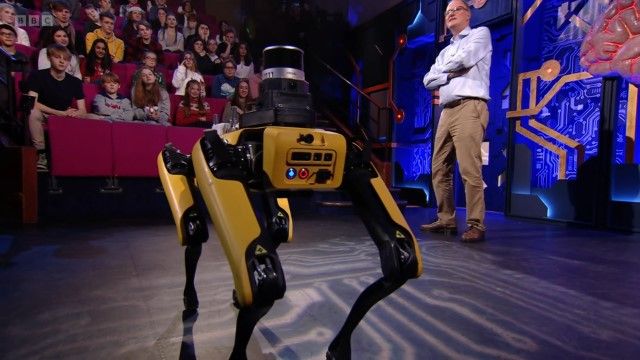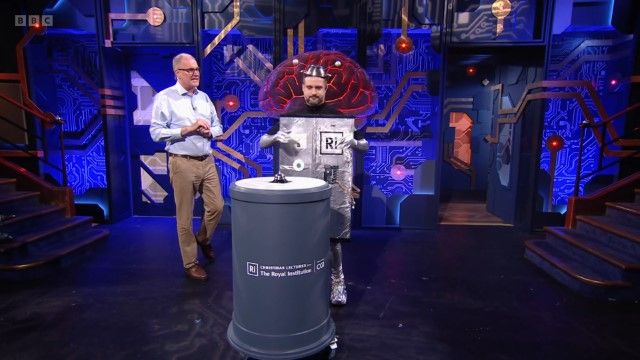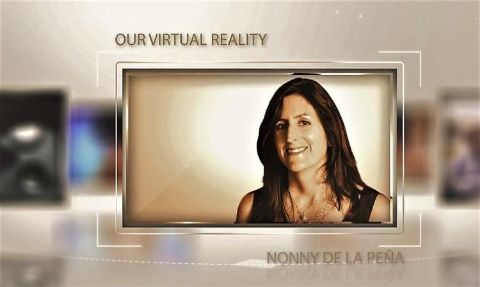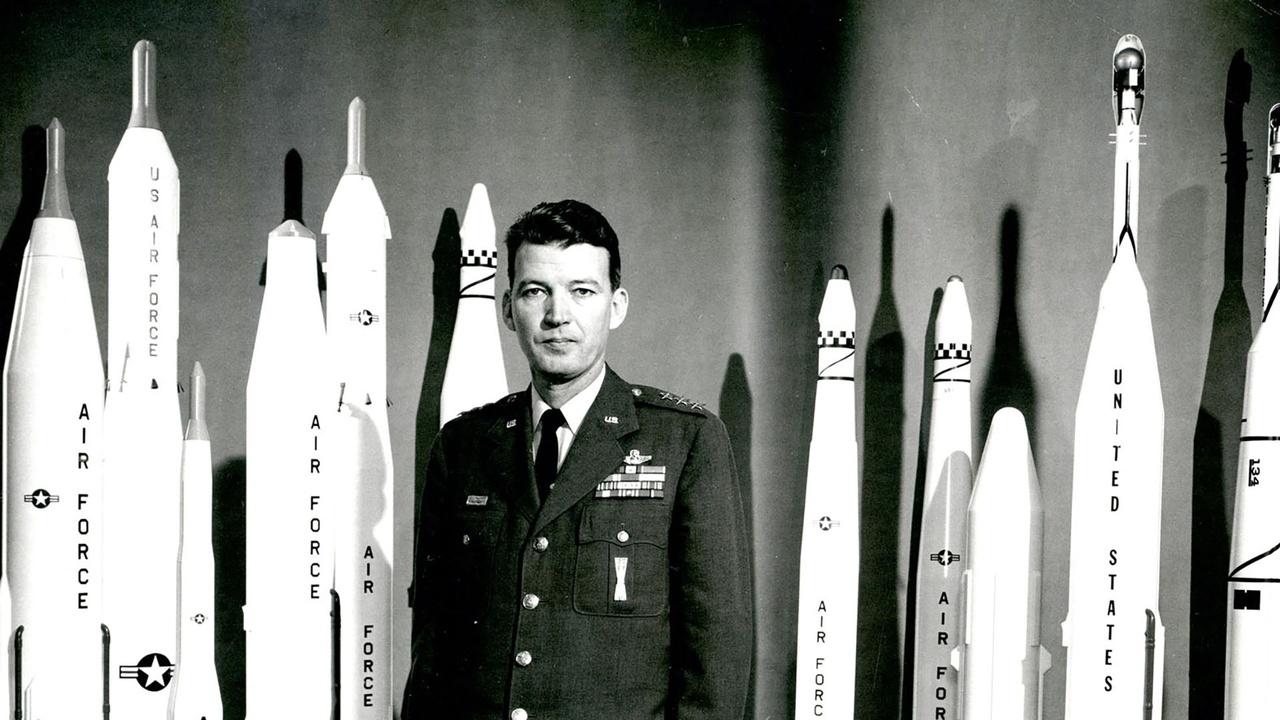How to Build an Intelligent Machine • 2023 • episode "S1E1" • BBC Royal Institution Christmas Lectures: The Truth about AI
Mike Wooldridge examines real-life neurons in action and explains how artificial neural networks are inspired by neural structures in the brain. To demonstrate how AI learns, we watch drones as they are trained to recognise and fly through structures in the lecture theatre autonomously. AI exploded into the public consciousness in 2022 with the release of ChatGPT and boasts around 100 million monthly users. Mike unravels the mystery of how large language models like ChatGPT work, and he finds out if one day this technology - along with a whole suite of different AI tools - will allow us to understand the animals we share this planet with. The Christmas Lectures are the most prestigious event in the Royal Institution calendar, dating from 1825, when Michael Faraday founded the series. They are the world's longest running science television series and always promise to inspire and amaze each year through explosive demonstrations and interactive experiments with the live theatre audience.
Make a donation
Buy a brother a hot coffee? Or a cold beer?
Hope you're finding these documentaries fascinating and eye-opening. It's just me, working hard behind the scenes to bring you this enriching content.
Running and maintaining a website like this takes time and resources. That's why I'm reaching out to you. If you appreciate what I do and would like to support my efforts, would you consider "buying me a coffee"?
Donation addresses
BTC: bc1q8ldskxh4x9qnddhcrgcun8rtvddeldm2a07r2v
ETH: 0x5CCAAA1afc5c5D814129d99277dDb5A979672116
With your donation through , you can show your appreciation and help me keep this project going. Every contribution, no matter how small, makes a significant impact. It goes directly towards covering server costs.








